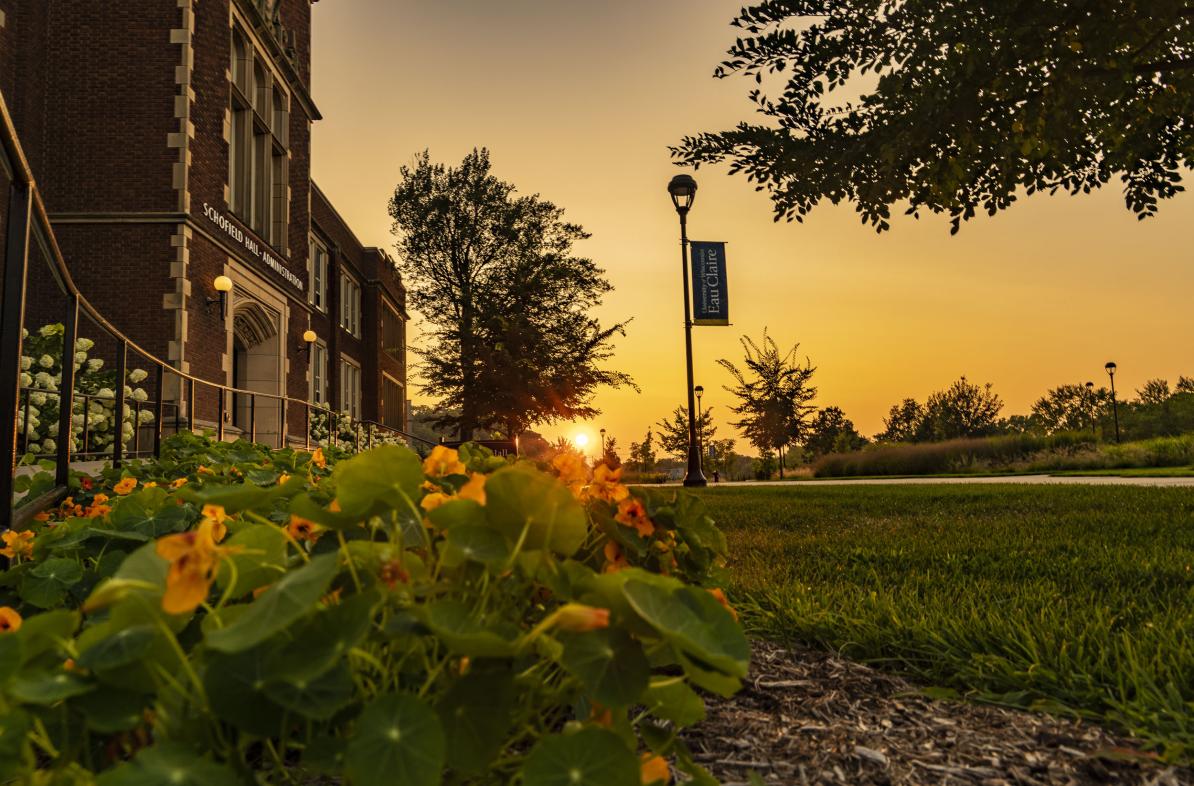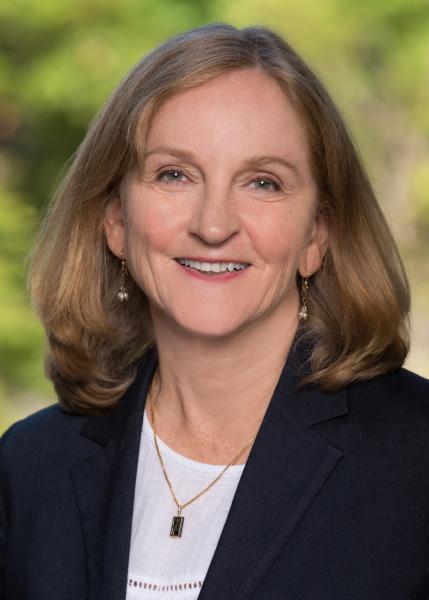Featured Image
For the media

Title
Environmental science pioneer Dr. Pamela Matson to receive honorary doctorate
Authored on
Environmental science pioneer Dr. Pamela Matson to receive honorary doctorate
Published on:



